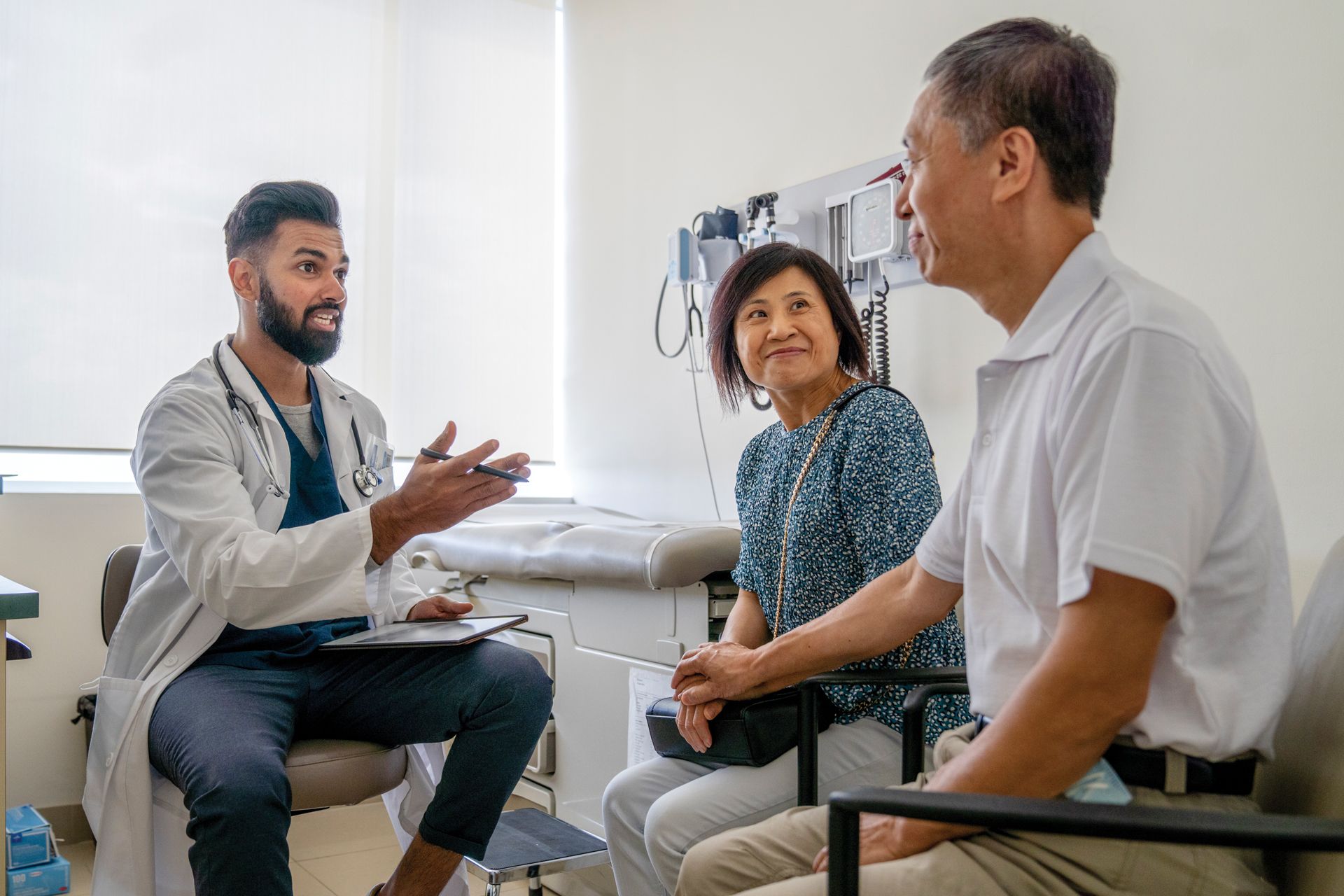Hospice & Palliative Care
Hospice and palliative care give comfort when you have serious illnesses such as cancer, heart disease or kidney failure. Palliative care can be given at any point of an illness, and hospice focuses on end-of-life care.
Palliative Care
Palliative care starts at any point during a serious illness. It may be offered by hospitals and other long-term care centers, or a doctor may give you names of nearby specialists. Palliative care can help with four areas:
Emotional: Stress from an illness may cause anxiety, fear or depression in you or your loved ones. Treatments may include support groups, coping tools, family meetings or counseling.
Physical: Side effects including pain, loss of appetite and sleep problems. Treatments may include medicine or different kinds of therapies.
Practical: Questions about money, insurance coverage or legal concerns are common when dealing with a serious illness. Palliative care specialists can explain medical forms and treatment choices as well as help with financial counseling.
Spiritual: A serious illness may cause you or your loved ones to question your beliefs. A caregiver can help you find peace by exploring your faith and values with you.
Hospice Care
Hospice care usually begins when you or a loved one is expected to live six months or less because of a serious illness. Treatment is stopped, and a group of caregivers (sometimes called a hospice care team) makes sure you are as comfortable as possible.
Hospice care teams may include caregivers, doctors, nurses, social workers, clergy, home health aides, therapists and volunteers. Along with physical comfort, hospice care teams provide:
- 24/7 availability
- coordination of care with the doctor
- spiritual and emotional support
- support in coping with the loss of a loved one
- symptom management
- therapy (speech or physical), if helpful
- training for caregivers
Additional Resources
Eldercare Locator: eldercare.acl.gov
U.S. National Library of Medicine: www.nlm.nih.gov
American Academy of Family Physicians: www.familydoctor.org

